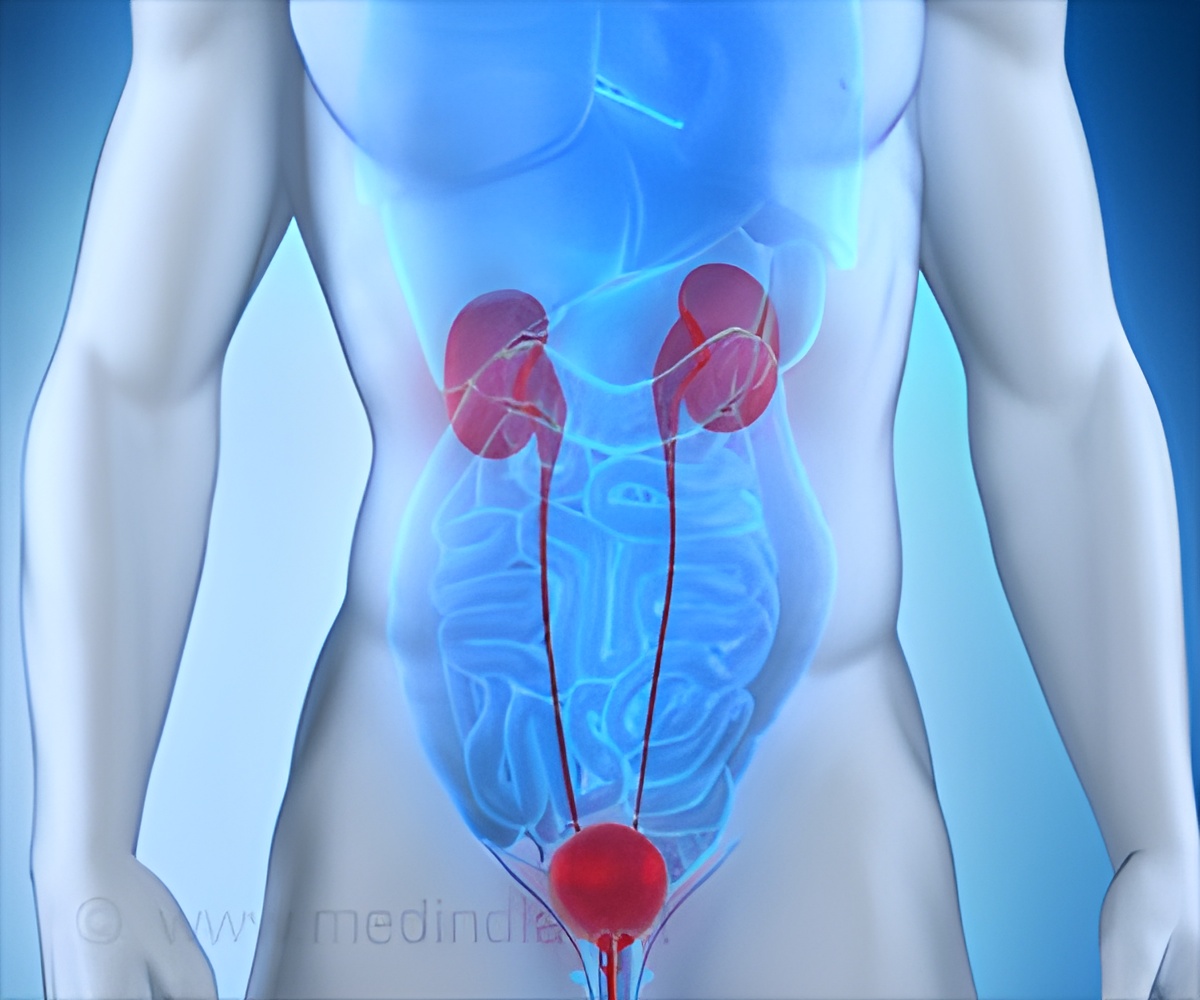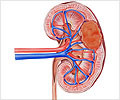
‘Nephrectomy is done to treat kidney cancer as well as other kidney diseases and injuries. Nephrectomy is also done to remove a healthy kidney from a donor (either living or deceased) for transplantation.
’
Tweet it Now
The 30-day mortality rate after nephrectomy was only 0.5%. Also, mortality rates following radical, partial, and simple nephrectomy were 0.6%, 0.1%, and 0.4%, respectively. Established risk factors were confirmed: old age, co-morbidities, significant blood loss and advanced stage of disease. The study also identified modest blood loss (~1L) and conversion from minimally invasive to open surgery as potential new risk factors.
"This pan-national study provides fresh insights into the contemporary risk of death following all types of nephrectomy and identifies potential novel risk factors for death," said Archie Fernando, lead author of the BJU International study.
Types of Nephrectomy
There are two types of nephrectomy for a diseased kidney: partial and radical. In partial nephrectomy, only the diseased or injured portion of the kidney is removed.
Advertisement
When both kidneys are removed at the same time, the procedure is called bilateral nephrectomy.
Advertisement
- Infection
- Bleeding (hemorrhage) requiring blood transfusion
- Post-operative pneumonia
- Rare allergic reactions to anesthesia
- Death
"Massive thanks to all the surgeons who contributed their data making this sort of comprehensive study possible," she added.
Source-Eurekalert









